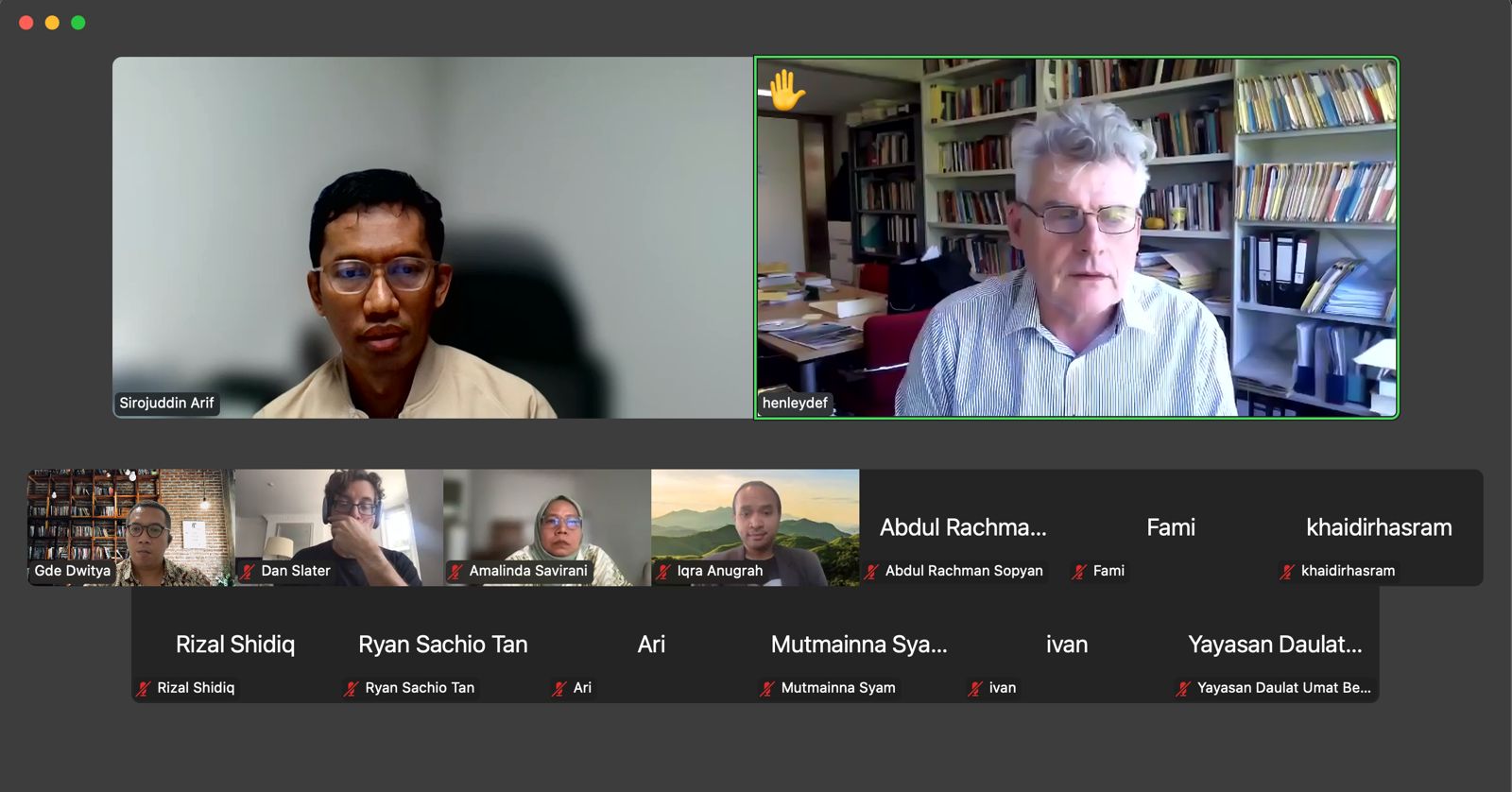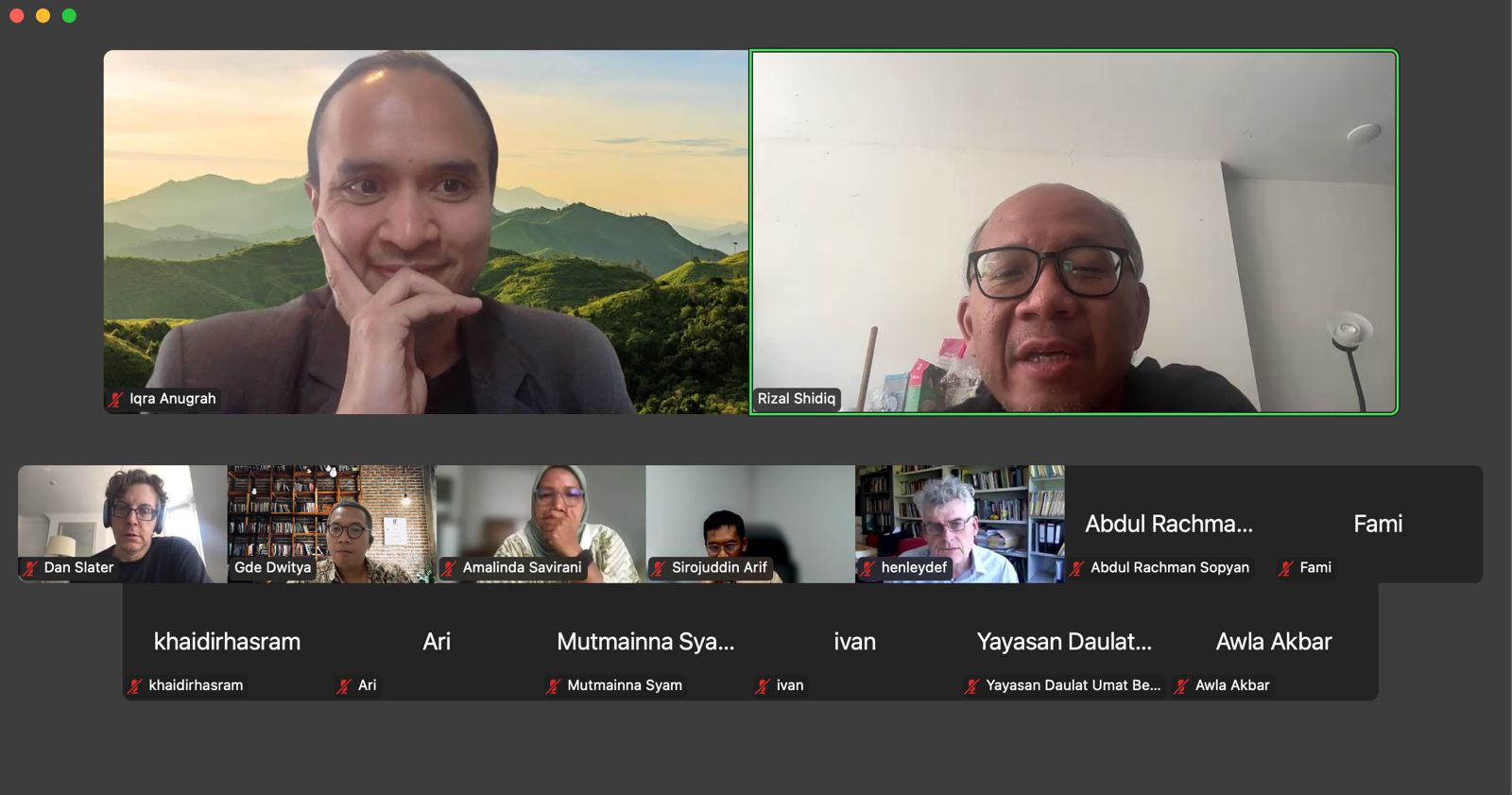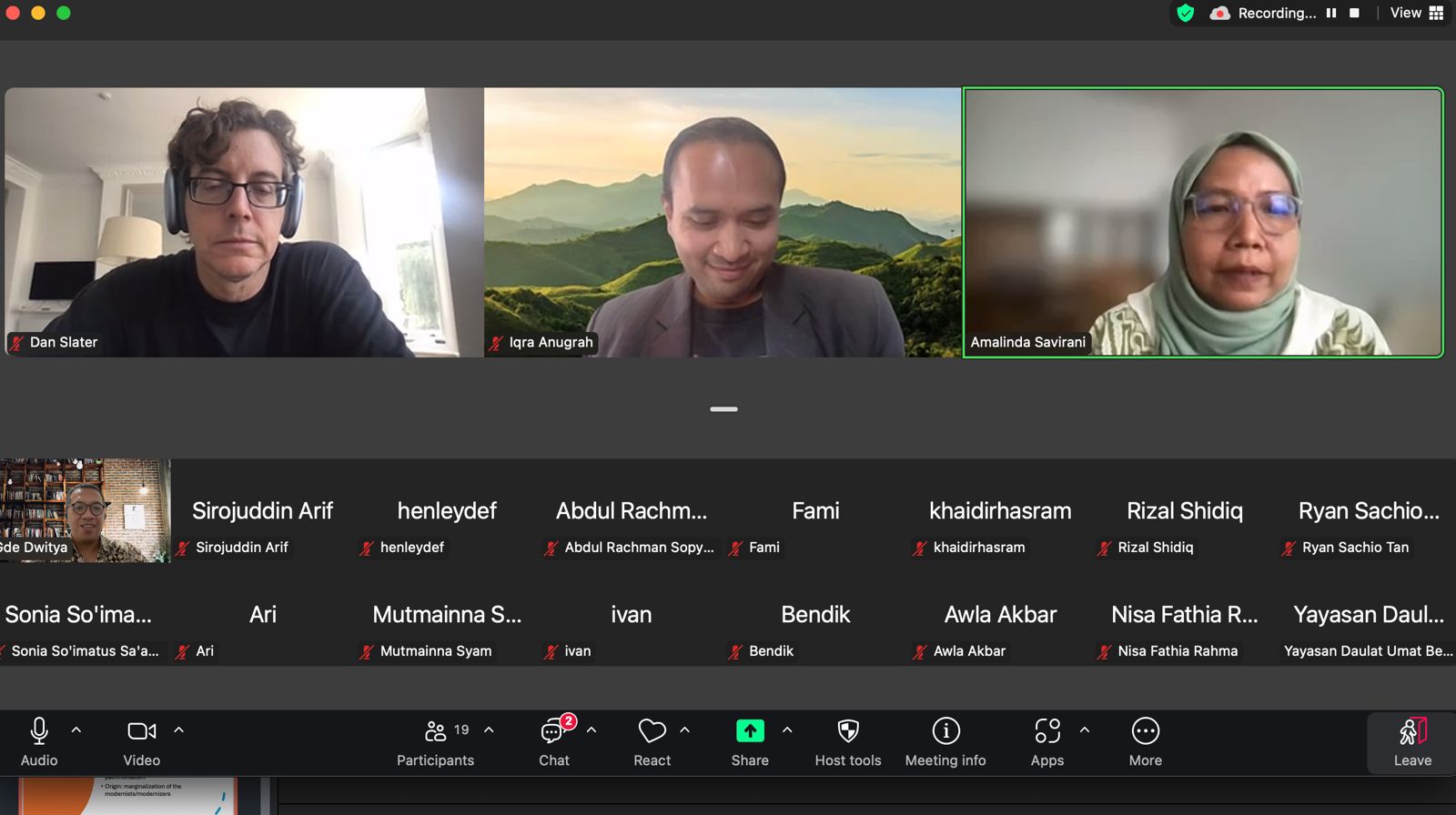More From News
Welcoming Ramadan with a Fresh Spirit: UIII Inaugurates New Mosque Board
February 13, 2026
Cycle of Civilization
February 12, 2026
August 4, 2025
By Gde Dwitya Arief Metera

On June 18, 2025, Dr. Gde Dwitya Arief Metera, a political scientist at UIII’s Institute for Advanced Research (IFAR) presented his research at the international workshop series, “Rethinking the New Order Indonesia: Origins, Evolution, and Legacies,” where he shed light on how the structural legacies of the New Order continue to shape democracy in post-authoritarian Indonesia.
The event was co-hosted by the CEU Democracy Institute, Leiden University’s International Institute for Asian Studies (IIAS), UIII’s IFAR, and the Department of Foreign Languages, Literatures, and Modern Cultures (DFLM) and the Institute of Studies on Asia (ISA) at the University of Turin (UniTo).
The workshop was the second in a three-part series that will culminate in a special edition of a peer-reviewed journal. Bringing together scholars from Southeast Asia, Europe, and North America, the series aims to revisit the political legacies of authoritarianism and their ongoing effects on democratic life across the Global South.

Moderated by Dr. Iqra Anugrah (DFLM UniTo and IIAS Leiden), the workshop brought together global scholars to reflect on how the legacies of the New Order continue to shape political life in Indonesia and the wider Global South. Acting as the discussants were Prof. Dan Slater (University of Michigan) and Dr. Amanda Savirani (Universitas Gadjah Mada).
Dr. Metera’s presentation explored how the institutional structures shaped by Indonesia’s New Order regime continue to influence the country’s democratic development. Using the state-regime distinction as a framework, he argued that Indonesia’s democratic institutions remain constrained by the incomplete state-building project inherited from the authoritarian past. This perspective shifts the discourse away from surface-level assessments of democratic backsliding and toward a deeper analysis of long-standing structural legacies.

The presentation prompted a lively exchange of ideas and received valuable feedback from leading scholars in the field. By fostering transnational scholarly dialogue and comparative reflection, the workshop represented a significant contribution to the study of post-authoritarian transitions and the future of democracy in the Global South.
Universitas Islam Internasional Indonesia